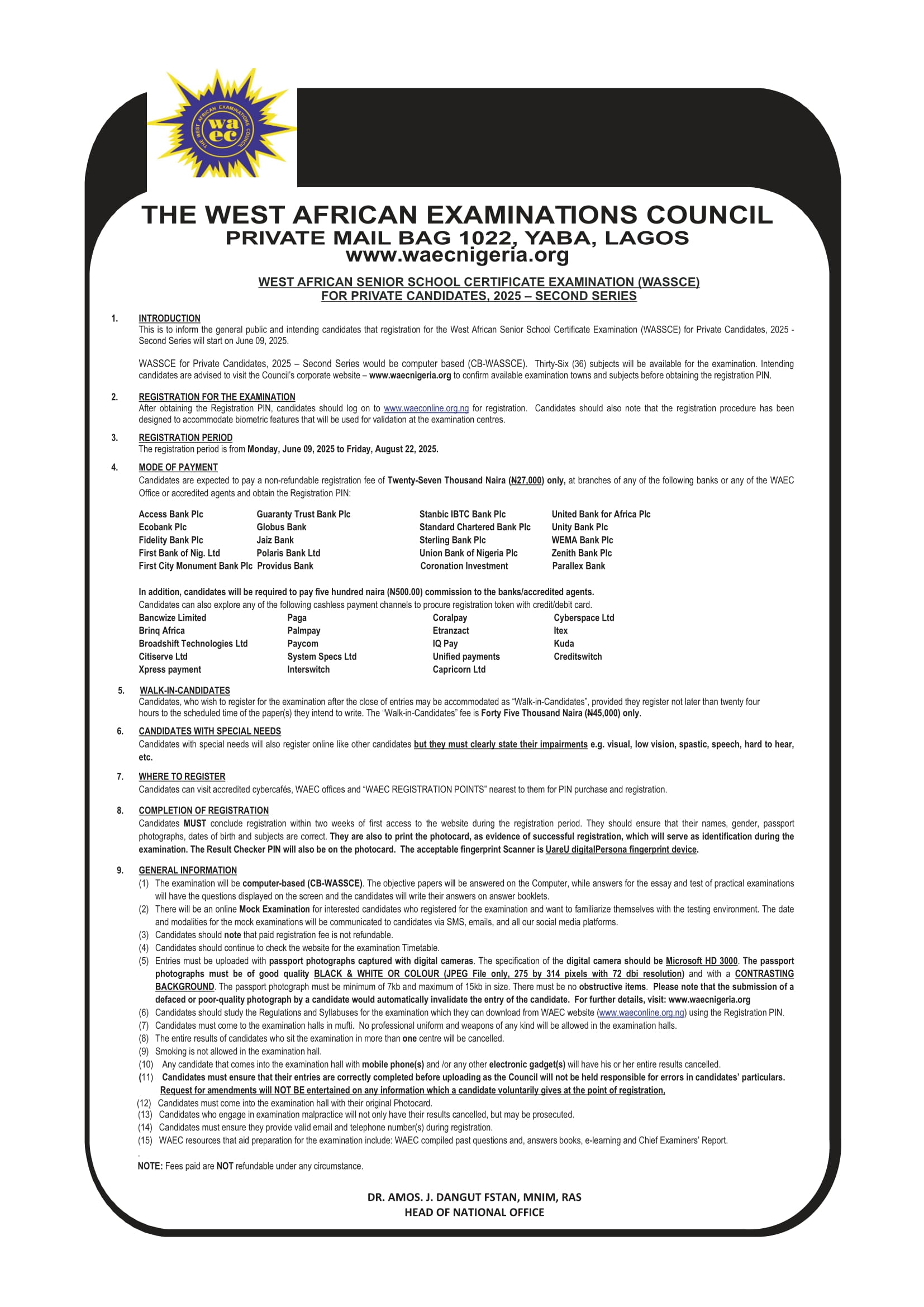
Oil
Oil Prices Climb As Bullish News Continues To Mount

News of shrinking US supply has only added bullish sentiment in oil markets, keeping ICE Brent and WTI around $95 and $93 per barrel, respectively. This week will bring about a flurry of macroeconomic news with central banks meeting in the United States, the United Kingdom, Japan, and other countries, potentially reminding the oil markets of the continued risk of a significant recession in Western economies.
Defying the IEA’s calls of fossil fuel demand peaking by 2030, the CEOs of Saudi Aramco and ExxonMobil (NYSE:XOM) both said the energy transition will take longer than assumed and that oil and gas investment remained critical to stop prices soaring.
The risk of a renewed conflict between Azerbaijan and Armenia has increased after Azerbaijan announced “anti-terrorist operations” in the Nagorno-Karabakh region. The move comes just days after Armenia’s Prime Minister expressed doubt over Russia’s ability to guarantee its security while struggling with its invasion of Ukraine.
Iran’s nuclear program made headlines again after Tehran banned multiple IAEA inspectors assigned to the country, triggering an immediate condemnation from the UN watchdog as it investigates uranium traces at undeclared Iranian sites.
Australia’s Offshore Alliance union of oil terminal workers said that workers at Chevron’s (NYSE:CVX) Gorgon and Wheatstone terminals had begun full-day strikes, with the government tribunal activated by the US major set to start hearings this Friday.
According to the EIA’s Drilling Productivity Report, US shale output is on track to decline for the third month in a row in October, expected to come in at 9.393 million b/d, the lowest monthly level since May and some 85,000 b/d below the July peak.
China’s private-sector refiners have started lobbying the Ministry of Commerce in Beijing to issue a fourth batch of crude import quotas, already running out of the 194-million-tonne allocation received in this year’s three quota allocations.
Saudi Arabia’s national oil company Saudi Aramco (TADAWUL:2222) agreed to purchase Chile’s main fuel distributor Esmax Distribucion, formerly known as Petrobras Chile, from private equity investor Southern Cross Group.
The government of California sued five of the world’s top oil-producing companies – ExxonMobil, Shell, Chevron, BP, and ConocoPhillips – for allegedly covering up the truth about climate change, calling for the creation of an abatement fund.
Ireland’s top planning body An Bord Pleanála has refused permission for a new liquefied natural gas terminal in county Kerry with a planned annual capacity of 8.25 bcm, saying the 700 million project would be contrary to the government’s net zero policy.
In addition to higher oil prices and higher crude exports to China, the Iranian government finally tapped into the $6 billion of its funds frozen in South Korean banks after the US and Iran carried out their long-anticipated prisoner exchange this week.
Activist group Greenpeace tried to prevent the Cape Ann tanker, refurbished as TotalEnergies’ (NYSE:TTE) latest FSRU to receive LNG cargoes off the coastal city of Le Havre, from entering the port, saying France needs to halt all new fossil fuel projects.
According to Australia’s Climate Change and Energy Minister Chris Bowen, the cost to replace the country’s coal-fuelled power plants with modular nuclear reactors would amount to $250 billion, alleviating calls for a swifter transition.
Having hit multi-billion discoveries in neighboring Namibia, both TotalEnergies and Shell are unable to advance their offshore drilling in South Africa’s blocks 5, 6, and 7 after a series of appeals against their environmental authorization keep on stalling exploration drilling.
With the US fleet of commercial product tankers comprising a few dozen tankers that could be jeopardized in times of war, the US government-chartered 9 tankers so far this year to move oil products, paying up to $6 million per year for agreements that run until 2035.
About The Author

